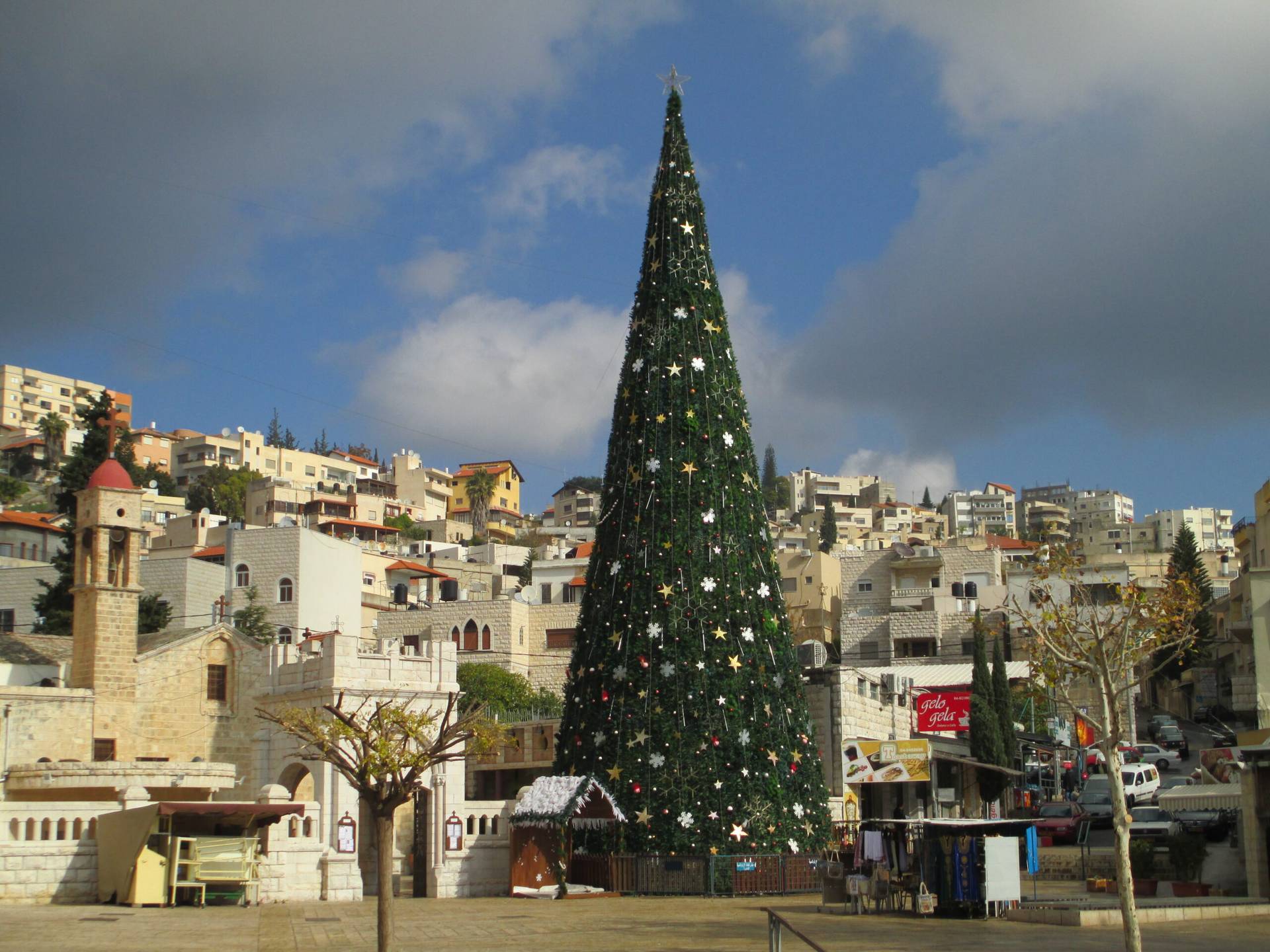ROME – In line with Pope Francis’s commitment to sustainable development in the African continent and his long-standing advocacy for migrants, the Vatican presented June 21 its plan for aid in South Sudan, which has become the world’s fastest-growing displacement crisis due to famine and civil war.
The initiative is called “The Pope for South Sudan” and it involves the deployment of considerable Vatican funds to the country, nearly $500,000, to be used in the fields of education, health care, and agriculture.
“The Holy Father, not being able to visit South Sudan in person, wished to make tangible the presence and closeness of the Church to the afflicted population though this initiative,” said Cardinal Peter Kodwo Appiah Turkson, prefect of the Dicastery for the Promotion of Integral Human Development, during the press conference at the Vatican.
The pope announced last month the postponement of his October trip to the country due to rising security concerns.
The cardinal pointed out that the plan will “help, support, and encourage” the work that is already being done by religious and lay organizations on the territory since the conflict broke out in 2013.
Up to $112,000 will be donated to fund education projects by the Solidarity for South Sudan network, which offers training for nurses, teachers, midwives, local farmers and community leaders. The Vatican will sponsor scholarships for 16 students for the duration of two years, after which they will earn the National Certificate for primary school teachers.
“Pope Francis never forgets to pray for South Sudan when he prays for peace, and I am very attentive to that,” said the Associate Executive Director of Solidarity with South Sudan, Sister Yudith Pereira-Rico.
“When people ask us about things they usually don’t ask for money or for food. They say ‘please don’t forget us’,” she added, asking those who want to show their support or get involved to use the hashtag #SouthSudanWeCare.
Concerning health care, the Vatican will be donating $150,000 to two hospitals run by the Comboni missionary sisters, in the dioceses of Wao and Tombora-Yambio. The hospitals cater to more than 300 patients every day, many of them children suffering from malnutrition, and are severely understaffed.
Speaking at the press conference, Comboni Sister Laura Gemignani, who works at the Nzara hospital, admitted that they are a small community with very few resources who struggle to pay their 85 employees, 16 of them nurses and only one a doctor who performs treatments and surgeries all day.
“We want to be close to this country, which feels a little abandoned from the world,” Gemignani said. “Like they are not part of the global human family.”
The missionary sister previously spent 28 years working in Ethiopia and has been working in South Sudan for four, but she admitted that those decades in Ethiopia are equal to only four years in South Sudan. She told journalists that one day she saw a decapitated man 10 meters from the hospital, which garnered little to no media attention.
“This is one of the worse things that can happen on a mission: Getting used to it,” Gemignani said. “This gesture from the pope makes us feel like we are part of the (global) family, it moved us. We could say that the pope has become a father for South Sudan. He did not forget.”
But the nun added that “they want the pope to come down” to visit the country.
Pope Francis’s plan for Africa, and in particular for South Sudan, includes furthering sustainability and livelihood. A total of $200,000 will be given to initiatives by Caritas Internationalis to help cultivate the land and, in the words of Turkson, to show that despite the violence and famine, “this land can be lived in.”
“Beyond numbers we must think of people, let us see faces instead of numbers,” said the Secretary general of Caritas Michele Roy. Echoing the message of the bishops’ conference in South Sudan, Roy emphasized that peace must be the primary objective.
Caritas has deployed nearly $30 million for the ongoing crisis in the country and Roy noted that the United Nations has been struggling to obtain the funds necessary to address the growing number of internally displaced people in the area.
But, Roy added, “when people mobilize and share, the governments become more engaged.”
South Sudan, the youngest country in the world, having gained its independence from the Muslim majority country of Sudan in 2011, has been engaged in a bloody civil war since 2013.
Pope Francis has attempted to help facilitate a peace between the leaders of the two political factions in the country, after Sudanese President Kiir accused his former deputy Riek Machar of organizing a coup against him. In October of last year Francis met with representatives of the South Sudan Council of Churches in order to further dialogue in the region.
“Away from the spotlight there is a war that continues to tally victims. Death and desperation afflict the population,” Turkson said referring to the nearly 7.3 million people who currently suffer from hunger and bloodshed.
South Sudan has the fastest-growing refugee crisis. And it’s the one you’ve probably heard the least about. https://t.co/OuxAahv6oP pic.twitter.com/uJRUjaJAKI
— The WorldPost (@TheWorldPost) June 21, 2017
As a consequence, more than 2 million South Sudanese seek refuge in neighboring countries fueling the global diaspora and increasing concerns for migrant resettlement and distribution. The fact that few of those displaced seek asylum in Europe has probably been among the main reasons behind the relative lack of interest for the crisis on the part of Western media, but Turkson emphasized that the pope has not forgotten about their plight.
“The Holy Father does not forget the unheard and silent victims of this bloody and inhuman conflict, he does not forget all those people who were forced to flee their native land due to the widespread injustice and war – he carries all of them in his prayers and in his heart,” Turkson said.
The cardinal added that the pope hopes to be able to visit the country shortly because “the Church does not exclude hope in such a turbulent territory” and invites everyone to act bravely and believe that providence will be able to realize what may seem “unrealistic, impossible.”















